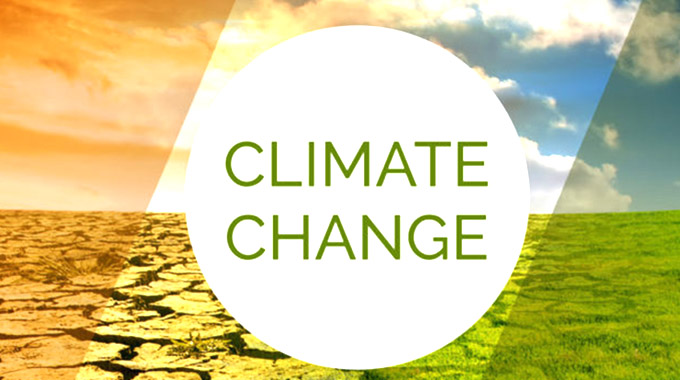Spain offers to host UN climate summit. . . as Chile pulls out due to political unrest

Jeffrey Goko
Chile has pulled out of hosting this year’s UN global climate change summit at the shortest notice ever due to political unrest.The South American country is entering its third week of violent mass protests against the government of president Sebastián Piñera.Mr Piñera said the decision to cancel had caused him “pain” but his government needed “to prioritise re-establishing public order”, according to a BBC report.
The 25th meeting of the Conference of the Parties (COP) to the UN Framework Convention on Climate Change, was slated for December 2 to 13.
In a statement, UN climate change executive secretary, Patricia Espinosa, said: “ . . . I was informed of the decision by the government of Chile not to host COP25 in view of the difficult situation that the country is undergoing. We are currently exploring alternative hosting options.”
Spain has now offered to host the climate conference in Madrid, The Herald Finance & Business understands, but it is not clear whether the UN agreed.
World leaders were due to meet in the Chilean capital Santiago to continue with negotiations on the implementation of the Paris Treaty on climate change, agreed to by nearly 200 governments in December 2015.
More than 20 people have been killed in protests that began as an expression of dissent against rising transport costs.
But the protests have now expanded to include a variety of grievances around the high cost of healthcare, inequality and other issues.
Chile, itself only a replacement host after Brazil, the original host, pulled out last November, must have figured out the demonstrators had held out far too long for it to be able to cope with convening the climate change summit.
The meeting will now take place elsewhere, likely Spain, since it has expressed willingness and capacity to host at such short notice.
It is not clear whether Chile will retain the presidency, as did Fiji years back when it moved it’s summit to Germany.
But it may be a blow for those negotiators elsewhere who might have secured visas, air tickets, hotel bookings etc, for a Chilean conference.
So there’s always the risk of fewer numbers at this year’s meeting, though that will not be enough to detract from the core business.
This year’s summit is backgrounded by widening calls for action, as climate-triggered events such as drought, floods, rising sea level, excessive heat among others ripple through large parts of the world..
Ahead of the Poland negotiations in 2018, Zimbabwe released its position paper, stressing several key issues that would be acceptable to the country for a successful outcome.
It hammered strongly on three subjects of poignant interest — climate change adaptation, mitigation and finance.
Among other things, lead climate negotiator Washington Zhakata, urged members of the Zimbabwean team of negotiators to “resist” any attempts to smuggle in concepts that are foreign to the true spirit of the Paris Agreement by negotiators from other countries (developed countries).
He spoke of the need to keep negotiations in lane, as championed by the UN Framework Convention on Climate Change while hitting hard on the necessity of transparency, accountability, technological support and availability of climate funding in the implementation of the Paris accord.
His statement generally reflects the thinking among much of Africa — that the time for action is now, not some place in the future.
Most of Africa’s pre-conference targets were barely met. There’s little reason to suggest a deviance from the previous expectations from the 2019 meeting, except perhaps an expansion of the demands.
God is faithful.








Comments